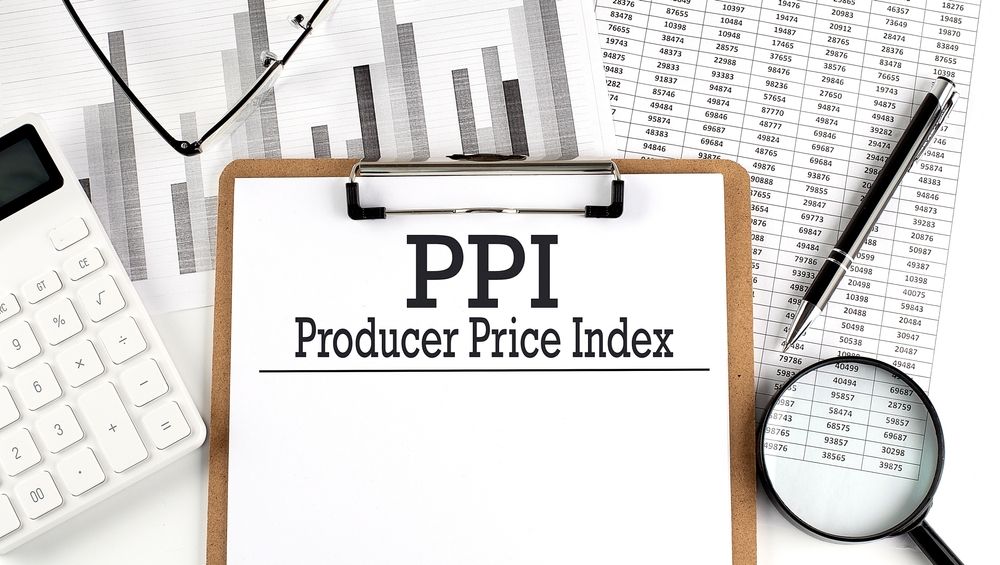Dried-up M&A market, big deals only

Experts asked by the Budapest Business Journal believe that the M&A market will not pick up until the general economic environment takes a turn for the better. The market is awaiting a predictable economic policy and legal environment as well as stronger macroeconomic fundamentals.
The Hungarian M&A market has been very slow in the past few years, with only 25 to 30 medium-sized and large transactions per quarter, Zoltán Siklósi, managing partner of M&A advisory Invescom told the Budapest Business Journal. Many times a single deal will account for the lion’s share of the entire period’s M&A activity, he said, citing the government’s acquisition of a large stake in oil and gas company MOL and the buyout of Hungarian chemicals firm BorsodChem by China’s Wanhua as examples.
Buyers have become more cautious, with peer pressure now a thing of the past, according to Tamás Simonyi, an expert at KPMG. Recent negative publicity about the Hungarian market has also kept foreign investors away, he added. While domestic buyers do pop up in the case of some smaller transactions, they are extremely cautious and insist on buying only at low prices.
The stars of the region are Poland and Turkey, both of which have stable macroeconomic indicators, bigger markets and numerous potential acquisition targets, noted Simonyi. In turn, Hungary is still fighting to achieve stability and there are only a handful of big players in most industries. The owners of strong businesses are reluctant to sell, while there are no buyers for the weak ones.
Favorite sectors
Energy deal flows are the strongest, followed by TMT (technology, media and telecommunications) and business services, according to Falkenburg Corporate Finance partner Gábor Kurutz, who noted that these are crisis-resistant industries with great growth prospects. Meanwhile, the relatively weak sectors are real estate and the financial services industry.
Green energy is another sector where Kurutz sees new opportunities, with several projects already in the pipeline waiting for the necessary regulation to be implemented. He believes that both bank and equity financing will be readily available for these projects.
Lots of companies are for sale in the food industry, the retail sector and the real estate market, noted Simonyi. However, potential targets must have a very attractive story and be relatively cheap to attract any bidders, he added.
Motivations to sell
Corporate restructuring and distress sales are the main drivers of M&A transactions. In several sectors, such as manufacturing and the food industry, companies that weathered the crisis better have tended to acquire their struggling peers.
The owners of many firms still hope that their situation will somehow improve and are reluctant to initiate a sale at the current low prices, Siklósi said. This sustains a significant gap between asking and offering prices.
Businesses on the brink of liquidation might still attract strategic investors hoping to exploit certain synergies, according to Siklósi. These investors might want to acquire a market, thus they may be willing to pay a higher price than would be justified by the company’s books.
The question of succession is also gaining importance in Hungary, as the owners of successful businesses who set up their firms shortly after the democratic transition are now approaching retirement, Kurutz said. If for some reason they cannot appoint a family member to take their place, they usually do not have a plan B for succession. These owners are often quite emotionally attached to their businesses, too.
Big multinational firms could show some activity on the M&A market as they rethink their regional strategies, said Kurutz. There have been several examples of firms parting from their CEE units and investing in the BRIC countries instead. Multinationals also tend to sell non-core assets to make their businesses leaner, he noted.
The crisis has brought consolidation to many sectors, as there is less room now for players in various markets, noted Siklósi. This trend is expected to continue, as previous competitors aim to exploit synergies and make their organizations more efficient.
The state is likely to play a bigger role on the M&A market as well, thus increasing the number of such transactions in sectors of strategic importance, such as gas supply and energy. Some market players see strong political intent to increase the state’s presence in these sectors. However, the government has yet to develop a clear strategy for such transactions.
Eastern promises
“We are seeing increased interest from strategic buyers from China and Russia,” Kurutz said. Russian firms have been looking at Hungary for a while, but they are used to higher yields on their capital at home compared to EU markets.
Several banks present in Hungary, such as Volksbank and Banco Popolare, have been up for sale for some time. However, the risks they carry have scared away many potential investors – except the Russians. OAO Sberbank, Russia’s biggest lender, made its first foothold in the region by signing an agreement with Austria’s Österreichische Volksbank AG (ÖVAG) on July 14, purchasing nine smaller banks in countries in Eastern Europe, including Hungary. According to recent press reports, the Russian bank could potentially target Hungary’s MKB as its next acquisition.
China wants to acquire resources, modern technology and market access – things that could enhance the competitiveness of the Chinese economy, Kurutz said. The memoranda signed during the recent visit of the Chinese premier to Hungary underlined that the Asian giant is genuinely considering Hungary as a beachhead in its EU expansion efforts, marked by a focus on logistics and transportation. The direction of the talks also supported speculation that China is interested in buying stakes in companies like airline Malév as well as state railway firm MÁV.
Lengthy process
The transaction process for M&A deals today typically lasts for approximately eight to 12 months, compared to only six to eight months before the crisis, Siklósi said, although he noted that there are some extreme cases. The acquisition of ASA, a leading Hungarian manufacturer of precast concrete products, by the Consolis Group took a mere four months, for example, despite the fact that ASA is present on three national markets besides Hungary: Romania, Ukraine and Serbia. The acquisition took place before the crisis, in July 2008, and the swift transaction process was largely supported by the fact that the target was well prepared for a sale. On the other hand, the purchase of ShowTime Group by Sony Music Entertainment Hungary took almost two years to complete, mostly due to uncertainties brought on by the crisis.
The average length of the process depends on the size of the deal, on the industries involved and on the decision making process of the parties, Kurutz said. Also, cross-border transactions usually take more time to close than domestic deals.
SUPPORT THE BUDAPEST BUSINESS JOURNAL
Producing journalism that is worthy of the name is a costly business. For 27 years, the publishers, editors and reporters of the Budapest Business Journal have striven to bring you business news that works, information that you can trust, that is factual, accurate and presented without fear or favor.
Newspaper organizations across the globe have struggled to find a business model that allows them to continue to excel, without compromising their ability to perform. Most recently, some have experimented with the idea of involving their most important stakeholders, their readers.
We would like to offer that same opportunity to our readers. We would like to invite you to help us deliver the quality business journalism you require. Hit our Support the BBJ button and you can choose the how much and how often you send us your contributions.











